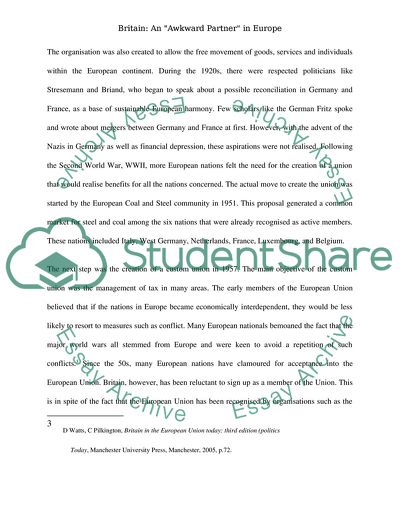Cite this document
(Why Is Britain Considered to Be an Awkward Partner in Europe Term Paper, n.d.)
Why Is Britain Considered to Be an Awkward Partner in Europe Term Paper. Retrieved from https://studentshare.org/politics/1795466-why-is-britain-considered-to-be-an-akward-partner-in-europe
Why Is Britain Considered to Be an Awkward Partner in Europe Term Paper. Retrieved from https://studentshare.org/politics/1795466-why-is-britain-considered-to-be-an-akward-partner-in-europe
(Why Is Britain Considered to Be an Awkward Partner in Europe Term Paper)
Why Is Britain Considered to Be an Awkward Partner in Europe Term Paper. https://studentshare.org/politics/1795466-why-is-britain-considered-to-be-an-akward-partner-in-europe.
Why Is Britain Considered to Be an Awkward Partner in Europe Term Paper. https://studentshare.org/politics/1795466-why-is-britain-considered-to-be-an-akward-partner-in-europe.
“Why Is Britain Considered to Be an Awkward Partner in Europe Term Paper”. https://studentshare.org/politics/1795466-why-is-britain-considered-to-be-an-akward-partner-in-europe.


